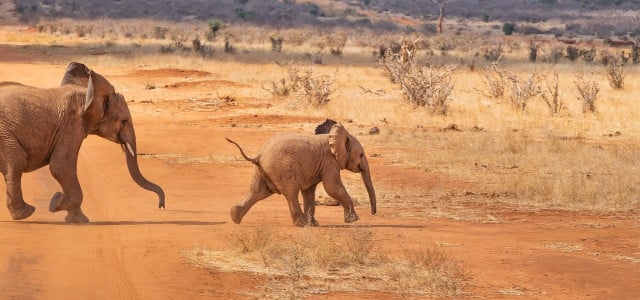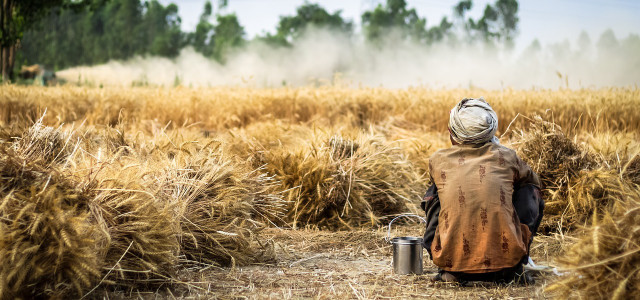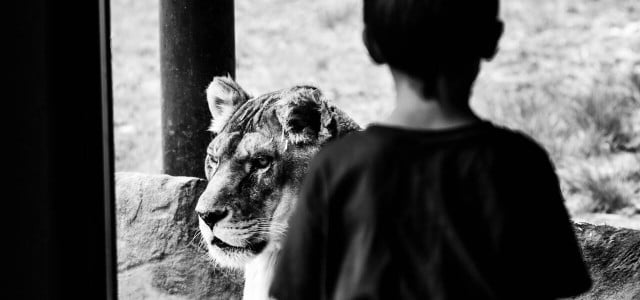The term “poaching” is thrown around a lot when discussing wildlife. But what is poaching? Let’s discuss some common misconceptions and confusions.
Poaching is any illegal killing, taking and trafficking of wild animals. This includes any unlawful hunting and trapping, regardless of the species’ size, variety or whether it is endangered. Poaching doesn’t only refer to the illegal killing of animals, however. Illicit trade of wild animals, dead or alive, is a big part of poaching. Certain species are more commonly poached due to characteristics that make them valuable to consumers.
Wild animals are trafficked for their furs, hides, bones and organs, and animal parts can be found in our food, medicines, leather, rugs, clothing and jewelry. Some animals are also poached to keep as pets, which is a major reason why tigers are endangered.
However, a species does not have to be protected or endangered to be a victim of poaching. For example, foxes are commonly illegally traded and kept as pets. This is a form of poaching because it is cruel to keep foxes as pets — even though they are not a protected species.
Hunting vs. Poaching
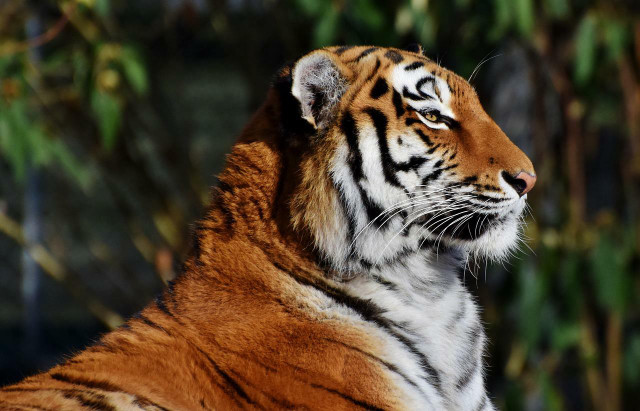


(Foto: CC0 / Pixabay / Ralphs_Fotos)
The difference between hunting and poaching is relatively simple. As opposed to hunting, which can be done in line with local, state, federal and international regulations, poaching is a breach of the law. A variety of laws are in place to govern hunting, so poaching comes in many forms.
Poaching includes the killing or taking of wild animals out of season, hunting without a license, using a prohibited weapon and trespassing on protected lands. Hunters typically have licenses that permit them to kill a certain number of any given species. Killing above this number is a form of poaching, as is killing or taking any protected species.
Commercial and recreational hunting laws are in place for good reason. Regulations are imposed to ensure that hunting is done safely and responsibly, without harming natural environments or reducing wildlife populations. It’s important to follow laws and guidelines because poaching has serious consequences.
Effects of Poaching
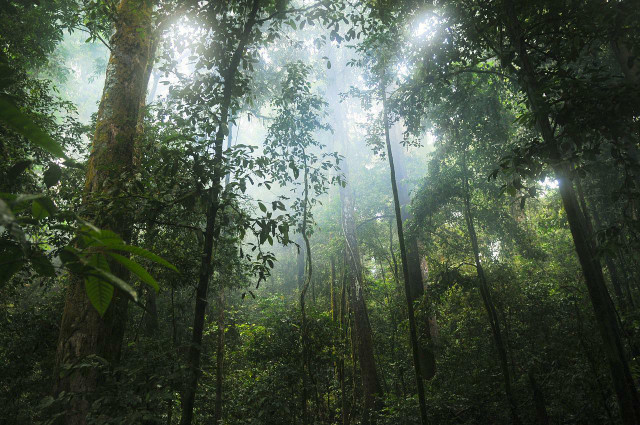


(Foto: CC0 / Pixabay / stokpic)
The adverse effects of poaching are numerous and widespread, including:
- Population Decline: When animals are poached, their numbers cannot be properly regulated, and their numbers may decline rapidly — which can be very damaging. This is especially true when the animals have meat, fur or bones valuable to poachers. For example, gorilla species are endangered due in large part to poachers hunting them for their meat. Poaching is also a factor contributing to the declining population of narwhals. Some animals have even been driven nearly extinct due to poaching. If it wasn’t for protected lands and hard-working scientists, there might not be any more living tigers.
- Loss of Biodiversity: Human-caused extinctions and population declines put entire ecosystems at risk of collapse. Poaching can have a devastating impact not only on single species but on their entire community, especially considering that poached animals are typically at the top of — or in the middle of — the food chain. These animals cannot simply be replaced.
- Health Risk: Poaching is also a global health risk. The unregulated trade of wild animals puts humans in contact with unsafe, otherwise avoidable diseases and viruses. The presence of wild animals, especially dead ones, in public transportation, cities and supermarkets places everyone at risk of contracting rare illnesses previously unseen in humans. The International Wildlife Defense Foundation reports both SARS and Ebola can be traced back to poaching.
Read more:
- What Is a Forest? Describing Our Most Important Ecosystems
- 6 Solutions to Deforestation – and What You Can Do
- Tropical Rainforest Ecosystems: Why Are They Important?
Do you like this post?






